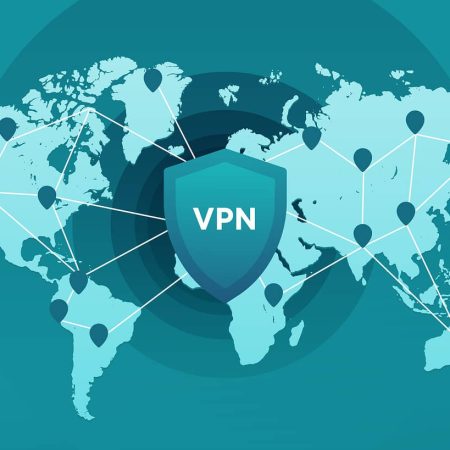In today’s hyperconnected world, where access to the internet is almost ubiquitous, public Wi-Fi networks have become an indispensable resource. From coffee shops and airports to libraries and hotels, these networks provide a convenient way to stay connected and access online content. However, the convenience of public Wi-Fi comes with inherent risks, making it crucial to understand the potential dangers and take necessary precautions to safeguard your online privacy and security.
Delving into the Dangers of Public Wi-Fi
1. Unsecured Networks: A Playground for Hackers
Public Wi-Fi networks are often unsecured, lacking basic encryption protocols to protect data transmitted over the network. This makes them vulnerable to eavesdropping attacks, where hackers can intercept and steal sensitive information, such as passwords, credit card details, and personal data.
2. Lack of Control and Transparency:
Public Wi-Fi networks are often operated by third parties or entities with limited oversight, making it difficult to identify the network’s owner or administrator. This lack of transparency and control increases the risk of malicious actors setting up fake Wi-Fi networks to lure unsuspecting users into connecting, making them easy targets for cyberattacks.
3. Data Interception and Tracking:
ISPs and other network operators may monitor and track internet traffic on public Wi-Fi networks, collecting data on browsing history, search queries, and online activities. This raises privacy concerns, as this collected data could be used for targeted advertising, profiling, or even sold to third parties.
4. Malware and Virus Transmission:
Public Wi-Fi networks can be used to spread malware and viruses, which can infect your device and compromise your personal data. This can lead to identity theft, financial fraud, and damage to your device’s operating system.
Protecting Yourself on Public Wi-Fi Networks
1. Exercise Caution and Limit Usage:
Avoid accessing sensitive information, such as online banking or financial transactions, when connected to public Wi-Fi networks. If necessary, use a cellular data connection or wait until you are on a secure network to conduct such activities.
2. Employ a VPN for Enhanced Security:
A VPN (virtual private network) encrypts your internet traffic, creating a secure tunnel that protects your data from interception. Using a reputable VPN, such as Khalid VPN, is highly recommended when accessing public Wi-Fi networks.
3. Disable File Sharing and Automatic Connections:
Disable file sharing on your device when connected to public Wi-Fi networks to prevent unauthorized access to your files. Additionally, turn off automatic connections to prevent your device from automatically connecting to unsecured Wi-Fi networks.
4. Keep Your Software and Operating System Updated:
Ensure that your device’s operating system, antivirus software, and web browser are up to date with the latest security patches. This helps protect your device from known vulnerabilities that hackers could exploit.
5. Be Mindful of What You Share:
Avoid sharing personal information, such as your home address or financial details, over public Wi-Fi networks. Be cautious of using social media or other platforms that require logging in with passwords.
6. Use Strong and Unique Passwords:
Create strong and unique passwords for your online accounts, especially for those you access over public Wi-Fi networks. Avoid using easily guessable passwords or reusing passwords for multiple accounts.
7. Consider Using a Mobile Hotspot:
If you frequently connect to public Wi-Fi networks, consider investing in a mobile hotspot. A mobile hotspot creates a secure Wi-Fi network using your cellular data connection, providing a more secure alternative to public Wi-Fi.
Conclusion: Navigating Public Wi-Fi with Confidence
Public Wi-Fi networks offer convenience and accessibility, but they also pose potential security risks. By understanding the dangers and taking necessary precautions, such as using a VPN and exercising caution, you can navigate public Wi-Fi networks with greater confidence and safeguard your online privacy and security. Embrace a secure digital lifestyle and protect your valuable data with Khalid VPN, your trusted partner for a secure and private online experience.
